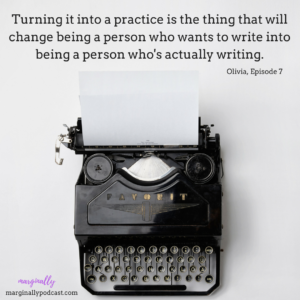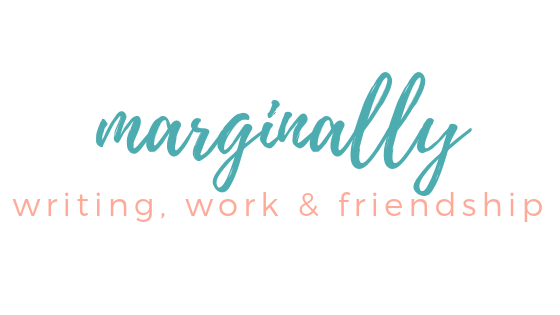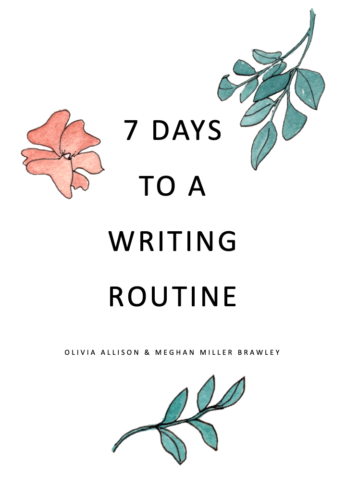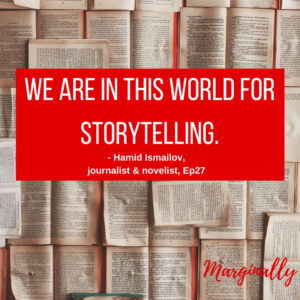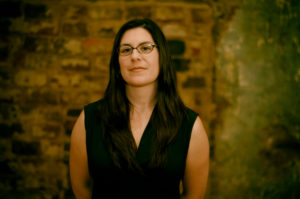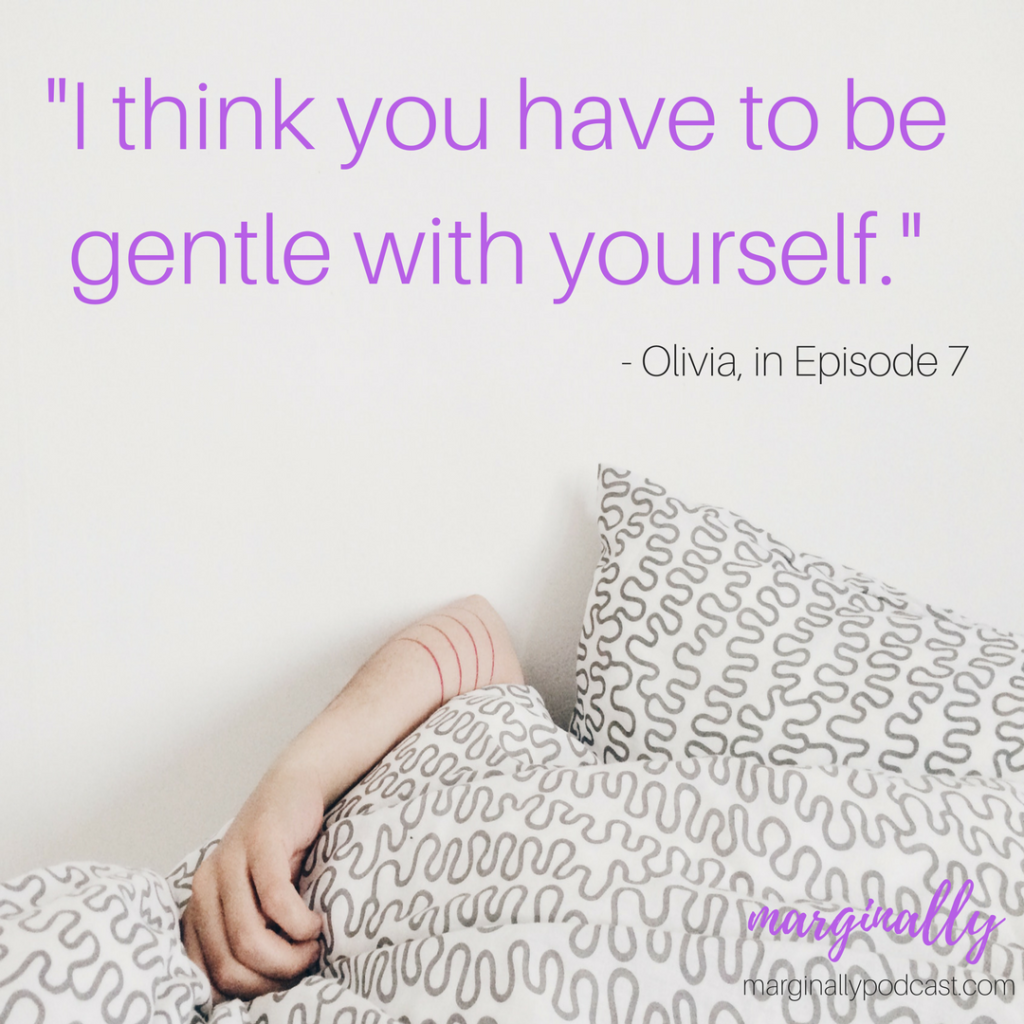Good morning! A post from the trenches of margin-writing today. I wanted to write you a post called something like “How to get started writing in the morning if you can’t remember what your book is about.” But then I realized that I am in that situation right now and I have no idea how to start again, and only 28 minutes to write, so I would be a hypocrite if I wrote you a blog about that. And I don’t have time to both remember what my book is about and write a blog post.
So this post is what not to do when you’re staring at the screen early in the morning and can’t remember what your book is about.
First of course, don’t start writing a blog post. Is this your book? No, it is not.
Oh well.
Second, do not let your cats sit on your notebook and cuddle up with each other. They will look too cute and then you will not be able to move them. And if you do, then they will just start eating everything on your desk, and that is also annoying.
Third: definitely do not look at Facebook. You will not find your book on there. One time (literally just one time) I had to go on Facebook to check out someone who was a fashion inspiration for a character. The rest of the time, I was just procrastinating.
(Point 3 also goes for Pinterest, although I do use it more for research than Facebook. You can see proof of this on our Marginally Pinterest page, which is not my personal Pinterest. I had a serious Pinterest addiction and have had to separate my writing account from the one about beautiful bedrooms and vegan baking.)
Another tip: don’t organize anything. Organization is a great procrastination technique, but you don’t need procrastination when you have max 1 hour to write in the morning. Organization is a great thing to do in the evening.
Fifth, don’t turn on your phone. I keep my phone on airplane mode until after I’ve written (or at least theoretically). Days when I don’t do that, my brain gets fried and it’s super hard to sit down to write.
Sixth, don’t forget to light your candles and turn on the music that makes you know you’re ready to write! That’s your ritual! Why did you forget??
In short, writing isn’t working for me this morning, so I’m going to go meditate. I’m really thinking about shifting my writing routine to the evening.
PS – I’m going to put this smug quote from an Earlier Me here for a bit of irony.
